Can Constipation Cause Back Pain? The Connection Explored
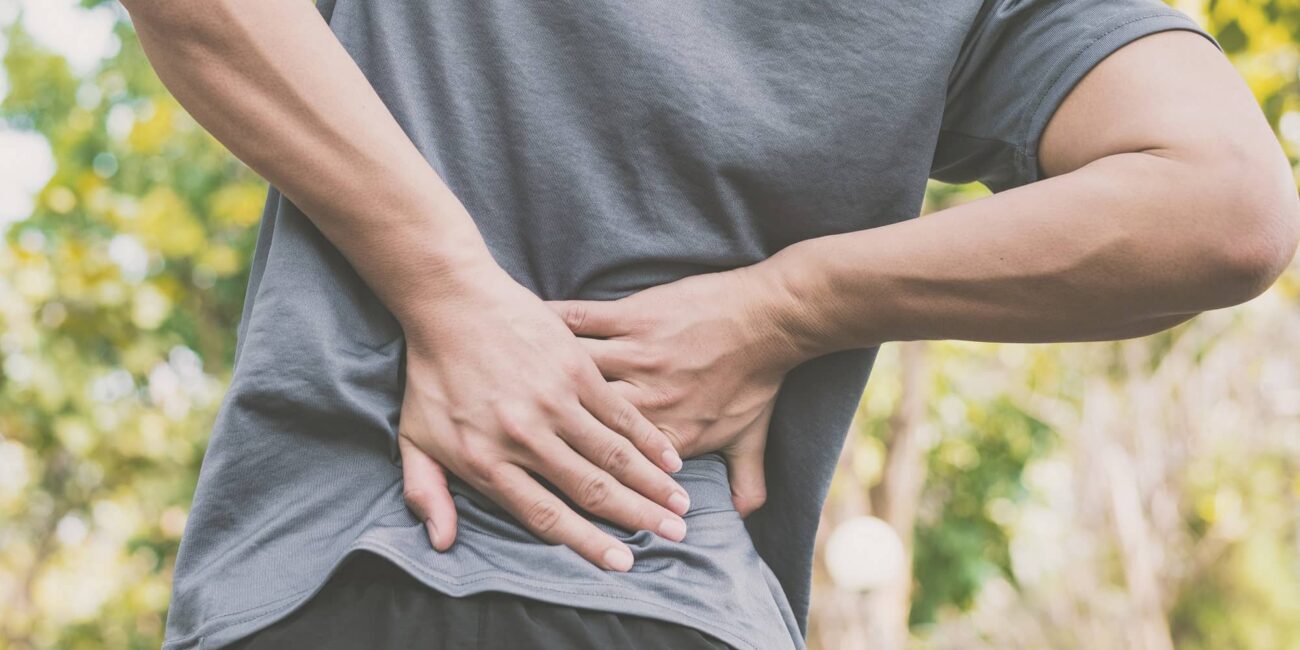
Constipation prevents sufferers from experiencing normal bowel movements, which can lead to an array of internal issues and uncomfortable pain. This pain can make stretching, sitting, or sleeping difficult and may feel like a stabbing pain towards the back of your hips.
Experiencing physical pain as a result of constipation can be confusing and hard to wrap your head around. This blog post explains the ways in which constipation can cause back pain, as well as how you can treat it effectively and quickly.
Firstly, it is important to isolate the cause of your back pain. To find out if your back pain has been triggered by constipation, look below to see if the following symptoms currently apply to you.
Why does back pain occur with constipation?
Lower back pain can arise when experiencing constipation due to swelling in the intestines. This may feel like a stabbing sharp pain for some and a dull ache for others, and can also affect your abdomen. Both types of pain can make participating in physical activity a struggle.
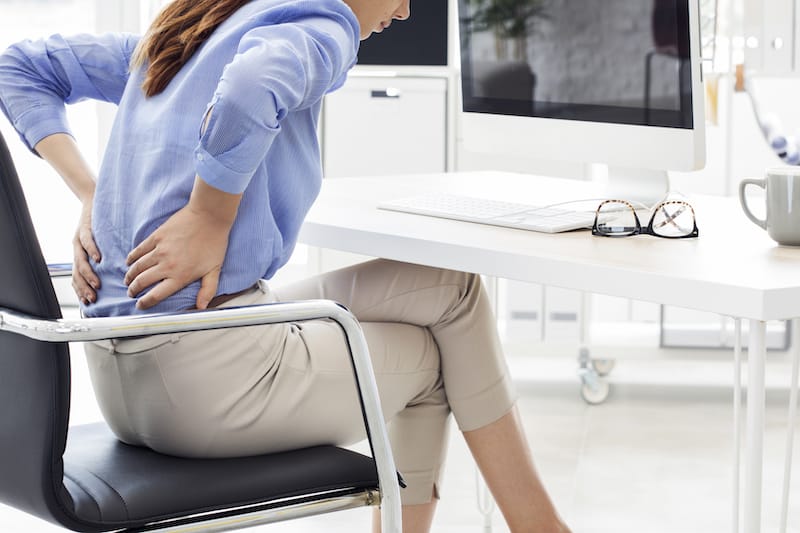
Advertisement
This swelling in the large intestine is usually because of retained fecal matter that has not successfully passed through the colon or rectum. Fecal impaction occurs when stools become hard and dry.
When a blockage happens in the intestine, it is likely to affect the overall digestive process, leading to worsening symptoms of constipation, like low back pain or even blood in your stool. An obstruction in the bowels may require care from a doctor, especially if you are experiencing extreme levels of pain and discomfort.
You should visit a doctor if you can no longer complete a bowel movement, or your bowel habits have become even more infrequent.
If a blockage is left untreated, the back pain may become excruciating, and the risk of colon cancer and rectal cancer significantly increases.
What causes constipation?
There are many potential causes of constipation, from not meeting essential dietary needs to medical reasons. In American adults, the most common cause of constipation is diet and lifestyle-related.
With research showing a link between a lack of daily physical activity and constipation, not partaking in frequent exercise will increase the likelihood of experiencing fewer bowel movements. The reason for this is that sitting or lying down for long periods of time causes your abdomen to compress.
As a result, the large intestine is squashed, leading to slower digestion. This increases the risk of constipation as it leads to hard stools, bloating, and stomach pain. Therefore, try to exercise regularly to avoid chronic constipation.
Additionally, causes of constipation are related to dehydration or a lack of fiber in the diet. When you are dehydrated, your colon lacks the necessary water it needs to soften stool for an easy passage through the large intestine and rectum.
Without this water, the stool can become hard and dry, leading to constipation and potential bowel obstruction.
Symptoms of constipation:
The main symptoms of constipation are as follows:
- You have less than 3 bowel movements per week.
- Stool is harder than usual.
- Stool appears lumpy.
- You find it difficult to pass stool.
- You feel pain when passing stool.
- You have an aching pain in your stomach region.
- You feel lumbar pain.
- You are experiencing cramps.
- There is a full, uncomfortable feeling in your stomach.
- You are experiencing nausea.
- You have to strain a lot to pass stool.
- You do not feel completely satisfied after bowel movements.
Bryan Curtin, M.D., a board-certified gastroenterologist at Mercy Medical Center in Baltimore, says constipation is somewhat underrated as a cause of significant symptoms. The good news is that academic research institutions are now seeking constipated people for study.

Constipation can cause a whole host of problems including back pain, nausea, vomiting, brain fog, that can be disruptive to daily life even if it isn’t life threatening in the traditional way.
You may experience symptoms individually or at the same time. Though infrequent bowel movements are the most common sign that you have constipation, they are usually accompanied by other symptoms, such as straining and bloating. If you are currently experiencing this, you are highly likely to be suffering from constipation.
If you start vomiting or notice blood in your stool, this may be a more serious issue that requires a visit to your doctor.
A lack of fiber in your diet may also cause constipation. Regular fiber intake is essential for regulating gut health and softening stool, which is fundamental for preventing constipation. If you want to stay healthy you have to get more fiber with your food.
Healthy bowel movements will only occur when your body is being fed a nutritious diet, with plenty of high-fiber foods being consumed on a regular basis. The best foods for increasing your fiber intake include whole grains, nuts, peanut butter (without added sugar), seeds, fruits and vegetables, as well as beans, legumes, and peas.
Certain medications, such as antibiotics, can also provoke a bout of constipation both during and after the medication course. In particular, antibiotics disrupt the natural balance of good and bad bacteria in your gut, leading to the digestive tract becoming distressed.
This affects how food waste travels and breaks down within your colon, creating a large, hard, and painful bowel movement.
Irritable bowel syndrome and food intolerances can also induce constipation. Irritable bowel syndrome is a common condition. IBS causes symptoms like stomach cramps, lumbar pain, bloating, diarrhea, and, of course, constipation. If you have been experiencing chronic constipation due to food allergens, we recommend you talk to your doctor to discuss an improved diet plan.
Conclusion
In summary, constipation has the ability to induce back pain alongside many other uncomfortable side effects. Lower back pain is generally caused by swelling in the intestines due to fecal impaction.
While this pain is likely to go away naturally after relieving your constipation, if it continues, there may be a different underlying cause. Therefore, it is useful to discuss any type of ongoing back pain with your doctor.

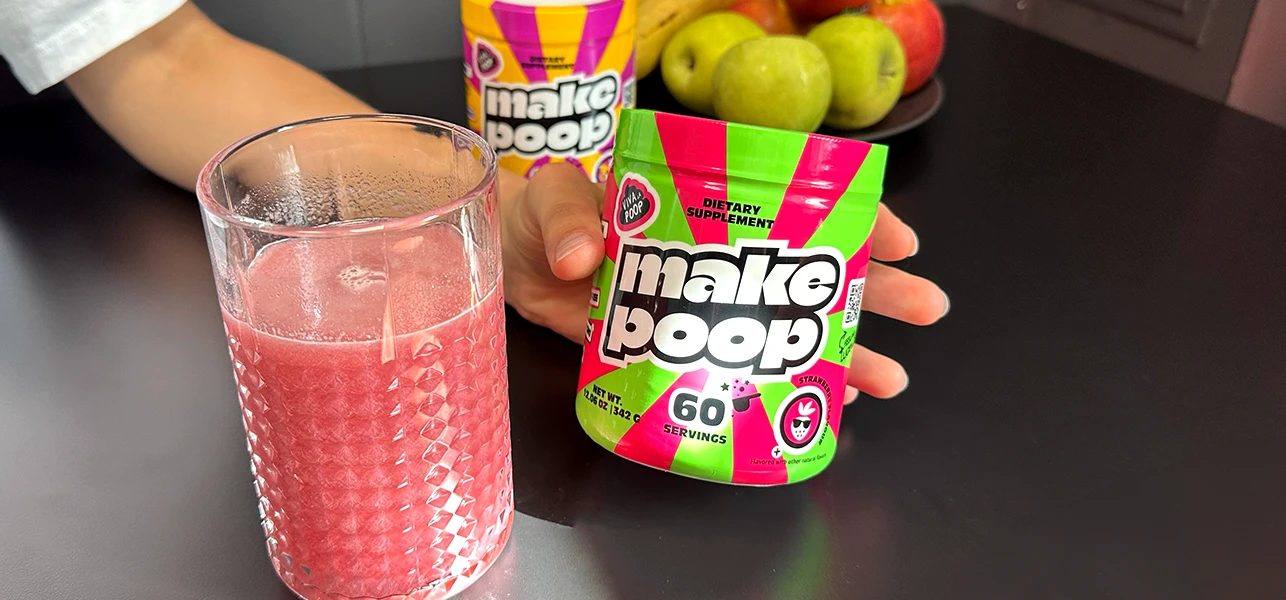
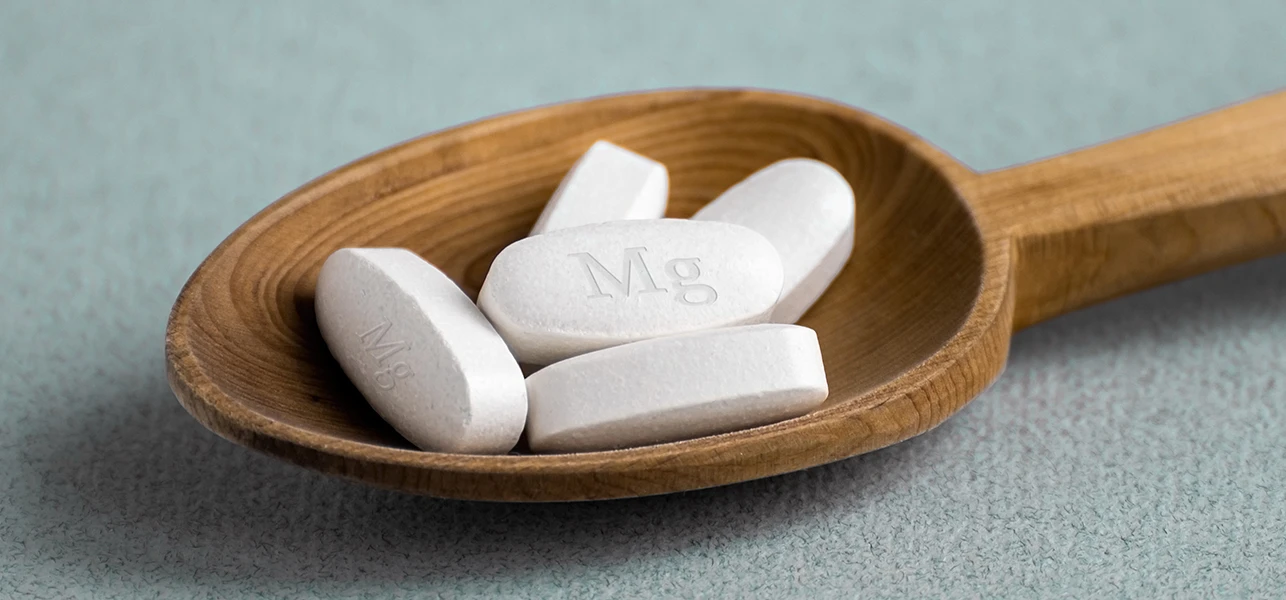

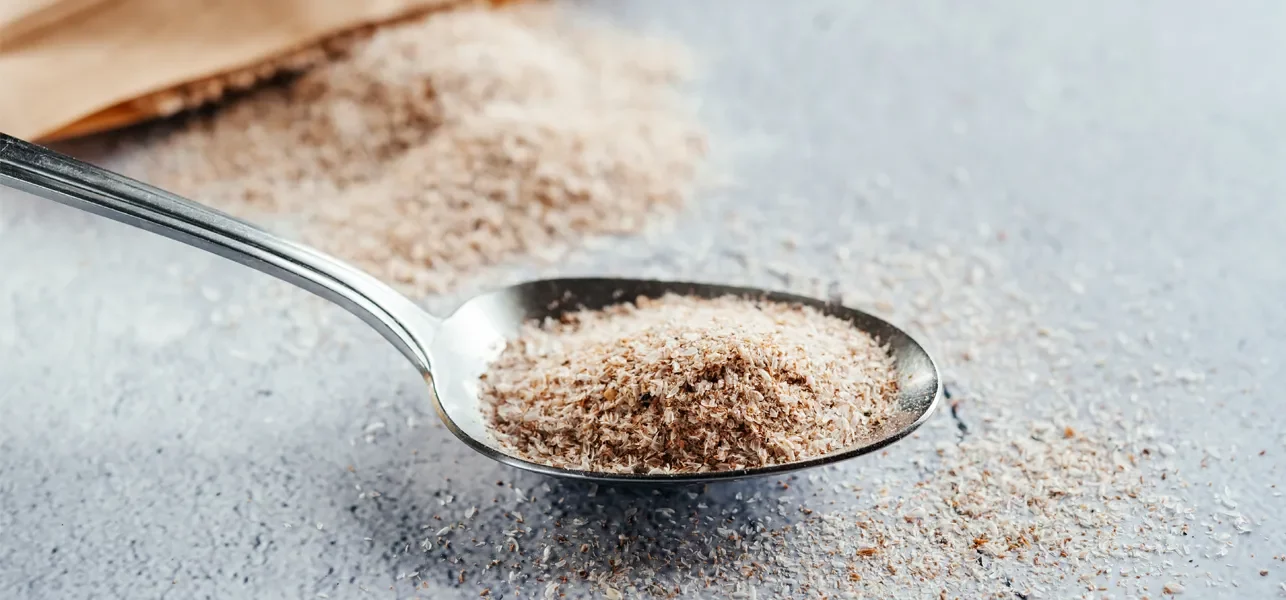


Comments (0)